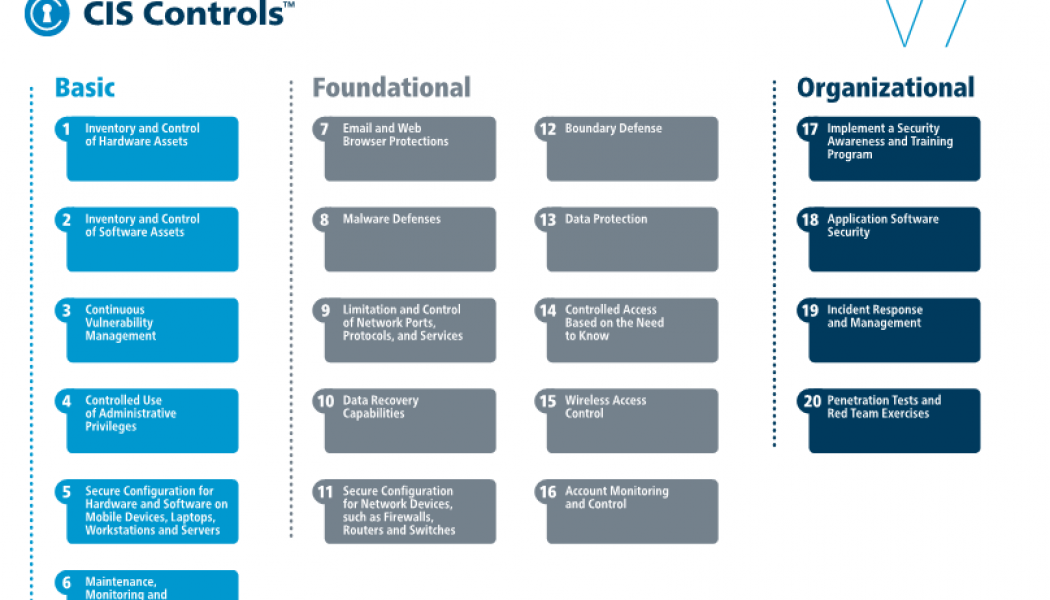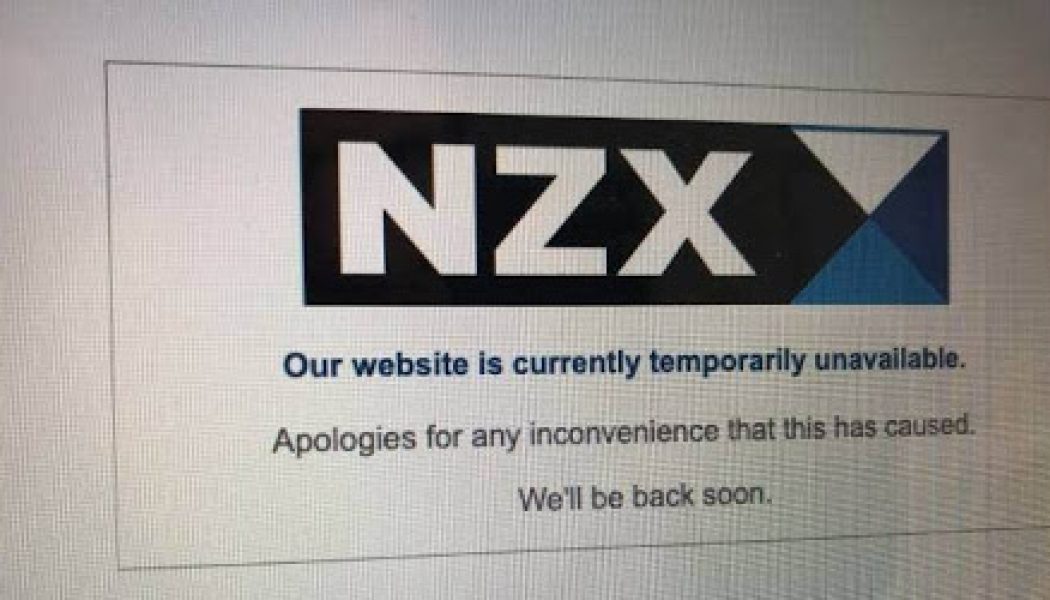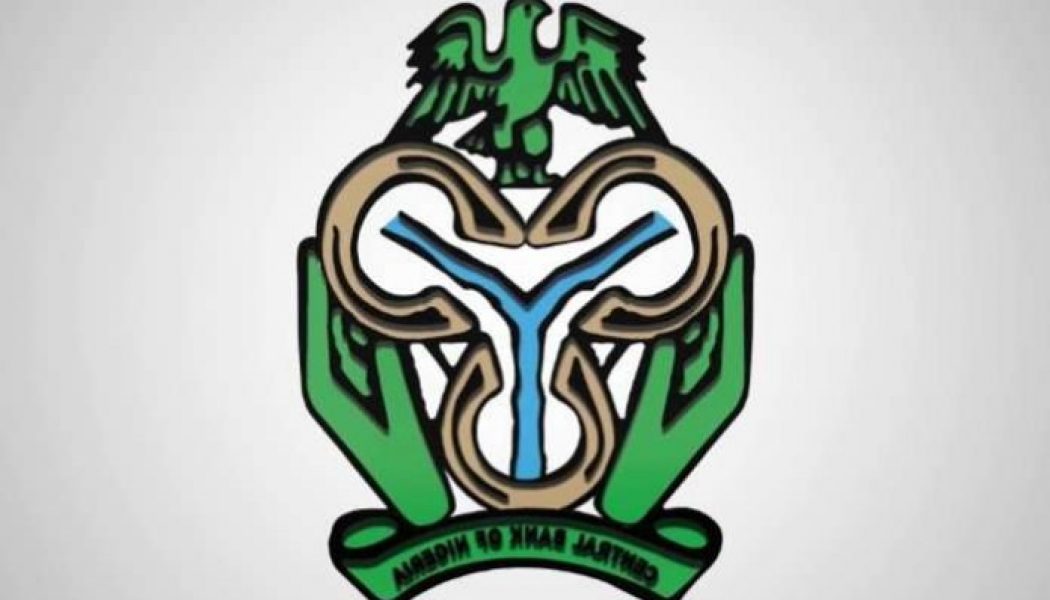Security
Data Protection in an Evolving Threat Landscape
Sourced from CSO. Information Technology (IT) has become simpler and more complex. This is best described with the cloud making it easier to consume while adding challenges of massive data growth, increased siloes and growing numbers of workloads. In addition, ransomware and malware attacks are a very valid concern. Data protection needs to be modernised to meet changing needs, simplified to mitigate complexity, and flexible to adapt to a changing world. Above all, data needs to be consolidated to provide an all-encompassing view it as a strategic business asset, moving beyond backups to data management. In a data-driven world the impact of a disaster is magnified With the emergence and growth of cloud technologies, data outages have become far less frequent. However, the impact of an outa...
NZ Stock Exchange DDoS Attacks Remind Enterprises to Check Defence Security
Risna Steenkamp, General Manager: ESM Division at Networks Unlimited Africa At the end of August, a series of cyberattacks on the New Zealand Stock Exchange over five consecutive days forced it to halt trading for a number of hours for four out of those five days. The attacks raised questions about the stock exchange’s security, as well as the threat actors’ underlying motives. “This was a series of distributed denial of service (DDoS) incidents, in which threat actors disrupted the normal traffic to the enterprise by overwhelming the target with a flood of internet traffic at volumes that the system just couldn’t handle,” explains Risna Steenkamp, General Manager: ESM at value-added distributor Networks Unlimited Africa. “In financial services terms, the New Zealand Stock Exchange is a re...
T-Systems and Fortinet to Launch Cyber Security Academy in South Africa
T-Systems and Fortinet have teamed up to launch a Cyber Security Academy that’s accessible to local South African youth. The new Academy is expected to include Fortinet’s Network Security Expert (NSE) certifications, helping participants build cybersecurity awareness skills and ultimately tackle the global cybersecurity workforce shortage. “Cybersecurity has become a top C-level priority across the globe with skills in high demand. With the addition of this focus to our ICT Academy, we are empowering participants with new skills that will make them even more employable,” explains Marcus Karuppan, ICT Academy Manager at T-Systems South Africa. “T-Systems has been a Fortinet partner for many years. Building on our relationship, we are now collaborating with them to focus on cybersecurity ski...
CBN: Nigeria far from financial inclusion target
A report by the Central Bank of Nigeria and the Enhancing Financial Innovation & Access has said that Nigeria is far from achieving its financial inclusion target in 2020. The CBN disclosed this in the report titled ‘Assessment of women’s financial inclusion in Nigeria’ for December 2019 period which was released on Monday. Part of the report read, “Not surprisingly, financial exclusion stands at 36 per cent for women and 24 per cent for men. “The relative gender gap related to financial inclusion is ~20-30 per cent, placing Nigeria below its peers. “Since 2012, although women’s exclusion has dropped, the gender gap has grown, revealing that men’s inclusion has improved more rapidly than women’s. “The National Financial Inclusion Strategy was launched in 2012 to reduce financial exclus...
President Buhari condemns attack on Governor Zulum’s convoy
President Muhammadu Buhari has condemned the ambush on entourage of Gov. Babagana Zulum of Borno, which led to the death of security men and some operatives of Civilian-JTF. The President made the condemnation in a statement by his Senior Special Assistant on Media and Publicity, Malam Garba Shehu, in Abuja on Saturday. He described the attack, on Maiduguri-Baga route, as an orchestrated sabotage against long planned return of displaced persons to their local communities. Buhari noted, with deep sympathy, the loss of lives of security men on the convoy, ahead of the return of Internally Displaced Persons (IDPs), commiserating with their families and loved ones. The president advised the government of Borno, working with security and intelligence agencies, to remain firm in their determinat...
South Africa, Kenya and Nigeria Suffer 28 Million Malware Attacks
Sourced from IDG Connect More than 28 million malware attacks have been recorded in South Africa, Kenya and Nigeria so far this year, according to research from Kaspersky, as well as 102 million detections of ‘grey zone’ software or potentially unwanted programs (PUAs). PUAs are programs that are usually not considered to be malicious by themselves. However, they are generally influencing user experience in a negative way. For instance, adware fills user device with ads; aggressive monetising software propagates unrequested paid offers; downloaders may download even more various applications on the device, sometimes malicious ones. While calculating interim results of threat landscape activity in African countries, the researchers noticed that PUAs attack users almost four times more often...























